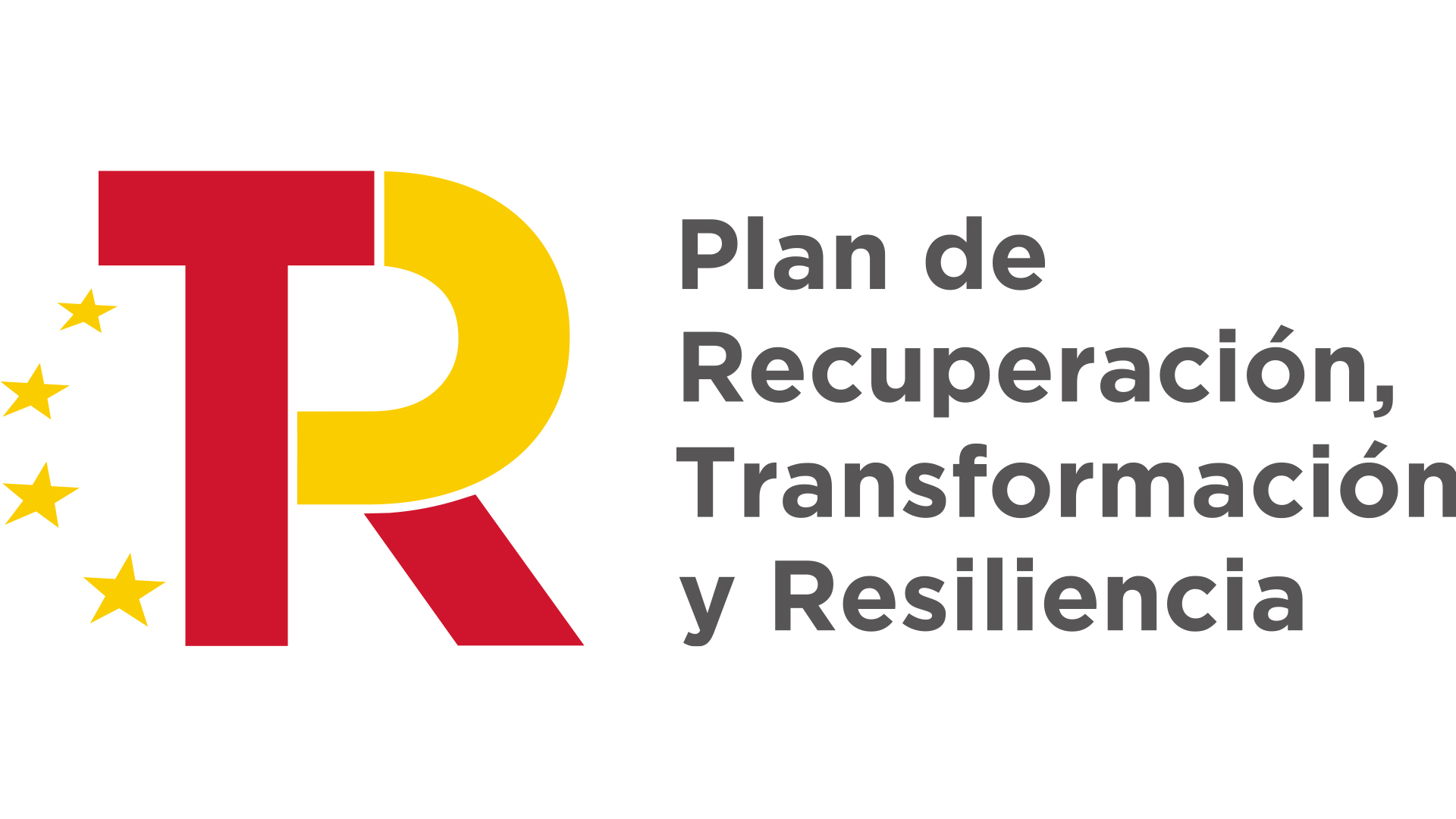Therapies
Cognitive - Behavioral Therapy.
Cognitive-behavioral therapy involves becoming aware of our way of thinking and behaving, observing how it influences the way we feel. It combines techniques of cognitive restructuring, relaxation training, and coping strategies, among others.
The therapeutic process involves an interaction between patient and therapist aimed at modifying dysfunctional thought patterns and behavior habits, replacing them with more adaptive and flexible ones.
Rational Emotive Therapy.
Systemic Family Therapy
Systemic family therapy places special importance on the relationships and communication within any interacting group, understood as a system.
Systemic therapy is based on a psychotherapeutic approach that, although it originated in family therapy, has crystallized over the last half-century into what is now preferred to be called systemic therapy. This term emphasizes the fact that it is not essential for a family to be the focus of attention for the therapeutic perspective to be systemic.
Thus, systemic concepts, as well as their methods and therapeutic techniques, can also be applied to couples, work teams, school contexts, and even individuals. What is decisive is that the emphasis is placed on the dynamics of communication processes, on the interactions between the members of the system, and between the subsystems that compose it.
This approach is presented as a systematic and scientific way of approaching and representing reality from a holistic and integrative perspective, where the focus is on the relationships and the components that emerge from them.
Psychoanalysis
Transactional Analysis and Psychotherapy
The term Integrative Psychotherapy has various meanings. It refers to the process of integrating the personality by taking repressed, unconscious parts or unresolved aspects and making them part of a cohesive personality, reducing the use of defense mechanisms, and achieving greater flexibility and spontaneity in problem-solving and in relationships with others.
Integrative Psychotherapy also refers to the cohesion of the affective, cognitive, behavioral, and physiological systems within the individual.
Transactional Analysis falls within the psychotherapies known as humanistic or existential and is a way of understanding life, people, and interpersonal relationships.
Transactional Analysis encompasses a set of techniques to help individuals develop, grow personally, and solve emotional problems.
Constructivist therapy
It involves reviewing the belief system that we have constructed based on the journey and history of each of us.
There are moments on the journey when the ideas we have are not useful, but we don't know what to do. This therapy helps to find a new path by reviewing the belief system.
Regressive therapy
Psychological coaching
Neuro-Linguistic Programming (NLP)
EMDR
It is a therapy that is proving to be revolutionary, very powerful, and effective, combining eye movement with a highly developed therapeutic procedure in which different therapeutic approaches are integrated. Its strength allows for overcoming profound experiences without the need for years of therapy and freeing oneself from the deep emotional scars that these experiences leave.
What is it used for?
Traumas, Anxiety, Grief, Blockages, phobia treatment, repressed emotions...
Emotionally Focused Therapy (EFT)
It is a therapy that aims to heal emotion, focusing intensively on those emotional expressions that are limiting or affecting our life and growth.
Its usefulness is increasingly being proven in the treatment of ANXIETY, PAIN, BLOCKAGES, and a myriad of psychological issues and problems. It is also helpful for chronic or acute physical illnesses and pain.
A therapy that aims to heal emotion with emotion itself, focusing intensively on those emotional expressions that are limiting and affecting our life and growth.
“Life is what you do with what has been done to you” JP Sartre.


